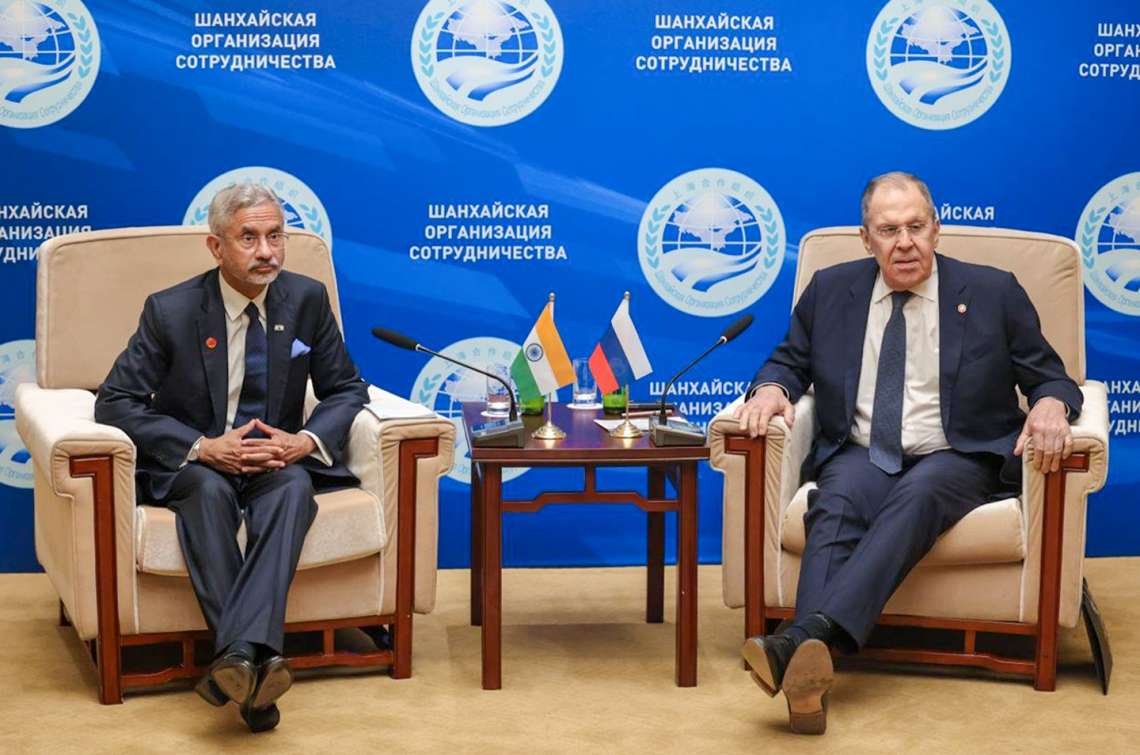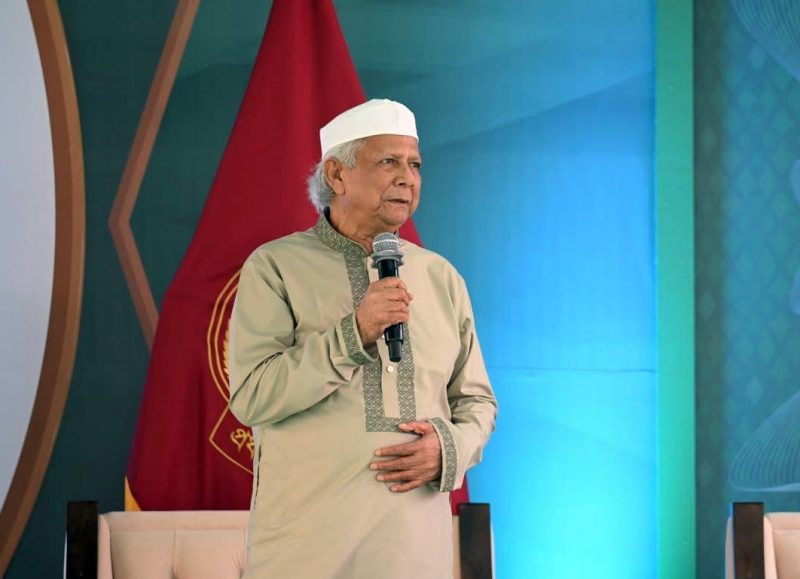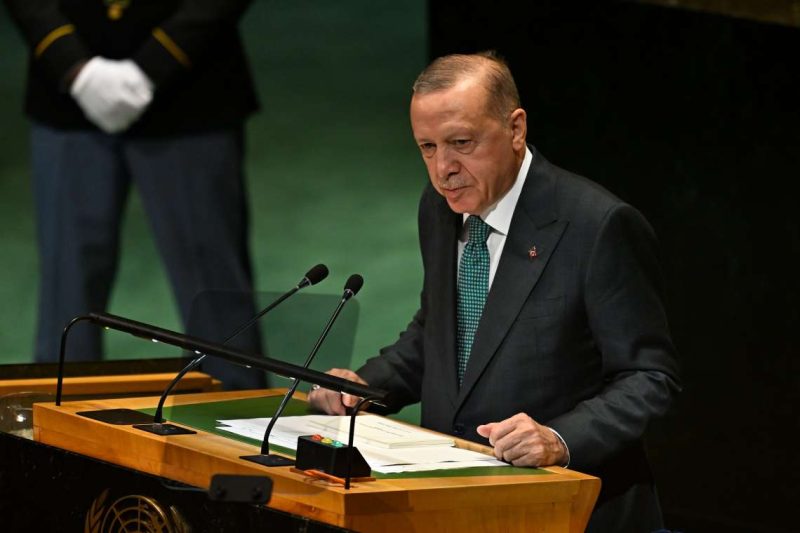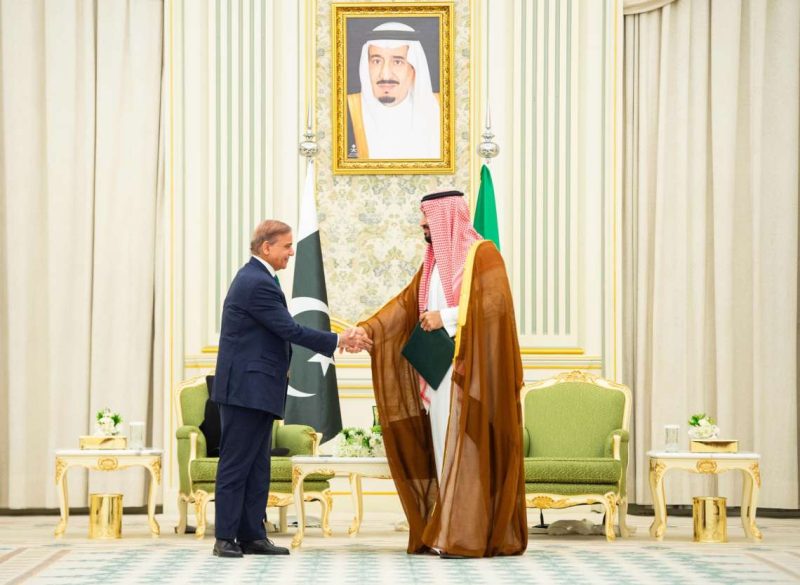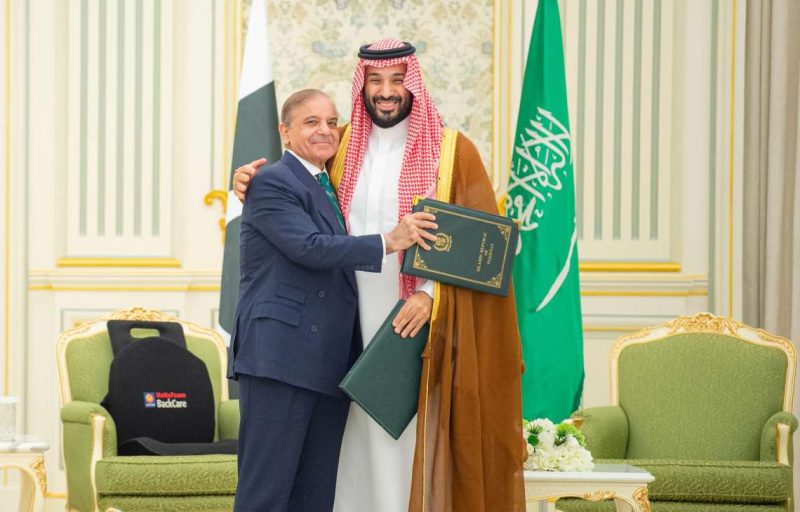GCCs are expected to contribute 2 per cent of India’s GDP and generate 2.8 million jobs by 2030, according to the Association of Chartered Certified Accountants (ACCA)
India’s reskilling market is witnessing accelerated growth, driven largely by the rapid expansion of Global Capability Centres (GCCs) across the country. As demand for advanced digital and technical skills rises, international players are increasingly focusing on Indian professional markets, according to top executives and experts. Investing in reskilling programmes has become central to global firms’ strategies to ensure their Indian teams remain skilled to international standards.
GCCs, also known as Global In-house Centres (GICs) or Captive Centres, are fully owned hubs established by multinational corporations in talent-rich locations to build intellectual property and value. They leverage global talent pools and technological advancements to enhance organisational capabilities and drive business transformation.
Amit Goyal, Managing Director, South Asia, Project Management Institute (PMI), said, “In today’s dynamic business environment, organisations are increasingly prioritising internal competencies through structured ‘study-at-work’ and upskilling initiatives. This marks a clear shift from the earlier individual-driven learning model to a more strategic, organisation-led approach.” He added that investing in employee development is not just a retention strategy but a competitive advantage.
“GCCs are playing a pivotal role in this transformation. Many are sponsoring learning programmes to ensure their workforce is equipped with critical skills to stay relevant and drive innovation,” Goyal said. Most GCCs prefer globally accredited certifications, which help benchmark internal capabilities against international best practices.
Smitha Hemmigae, Managing Director, ANSR, noted that GCCs now see upskilling, learning and development (L&D), and clear career pathing as essential differentiators for attracting and retaining top talent. “Unlike traditional delivery roles, GCC careers are increasingly positioned as leadership tracks, with pathways to senior, global, and cross-functional positions,” she said.
Executives highlight that India’s reskilling market is still nascent, which drives demand for structured programmes. A report titled Skills for the Future: Transforming India’s Workforce Landscape by the Institute for Competitiveness found that in 2023-24, 88 per cent of India’s workforce remained in low-competency occupations, while only 10–12 per cent occupied high-competency roles. Five sectors accounted for over 66 per cent of vocational training: IT and ITeS, Textile and Apparel, Electronics, Healthcare and Life Sciences, and Beauty and Wellness.
Gaurav Makhijani, Head of Tax (North India and Gujarat) at Roedl & Partner India, said GCCs are increasingly partnering with universities and skilling platforms to prepare their teams for the future. “The perception of India as only a low-cost destination is changing. Companies now see India as a strategic talent hub, including long-term upskilling, leadership development, and innovation in their plans,” he added.
GCCs are expected to contribute 2 per cent of India’s GDP and generate 2.8 million jobs by 2030, according to the Association of Chartered Certified Accountants (ACCA). Currently, over 1,700 GCCs operate in India, projected to rise to over 2,200 by 2030. In FY24, GCCs generated USD 64.6 billion in export revenue, up 40 per cent from FY23.
Tier-1 cities lead the growth, with Bengaluru hosting 487 centres (29 per cent), Hyderabad 273 (16 per cent), and NCR 272. Mumbai, Pune, and Chennai also contribute significantly, underscoring India’s emergence as a global hub for GCCs and reskilling initiatives.




